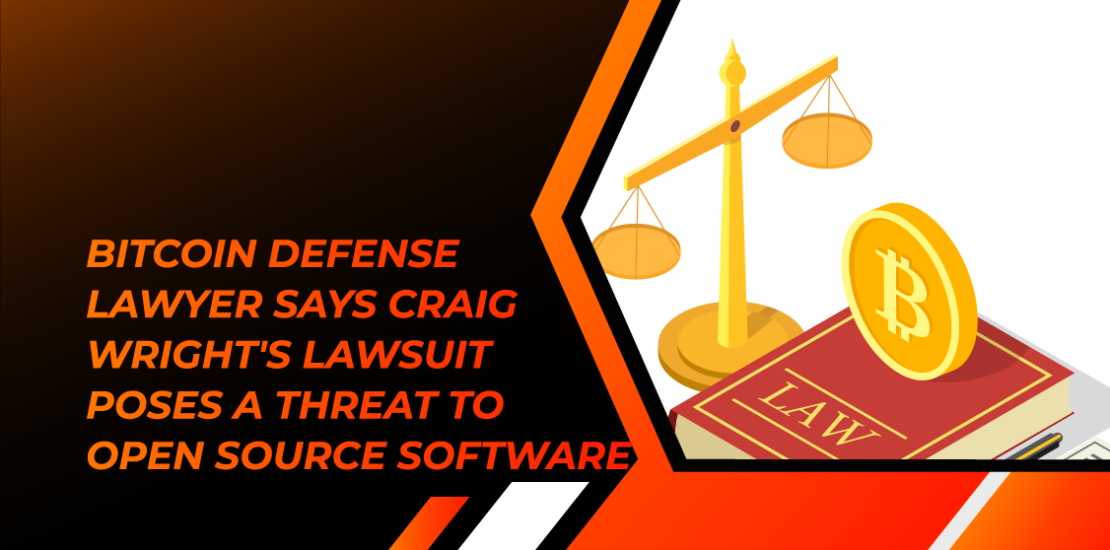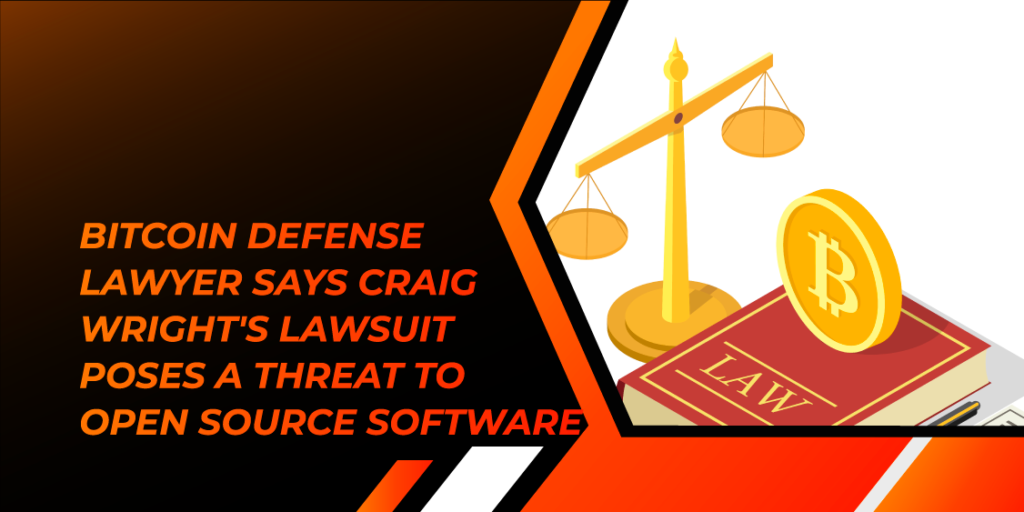- May 23, 2023
- Posted by: [email protected]
- Category:


Jessica Jonas, the chief legal officer of the Bitcoin Defense Legal Fund, has criticized a lawsuit filed by Craig Wright, who claims to be the creator of Bitcoin, Satoshi Nakamoto. Jonas explored the potential legal consequences of the high-profile case involving Bitcoin core developers at the Bitcoin 2023 event in Miami.
The lawsuit in question was initiated by Craig Wright, who owns Tulip Trading and has made the controversial claim of being Satoshi Nakamoto. The case involves Tulip Trading suing 14 individuals allegedly involved in the development of Bitcoin Core, claiming that they owe a fiduciary duty to Wright. The lawsuit alleges that Tulip Trading owned 111,000 Bitcoins that were hacked and lost in a sophisticated heist.
Wright is demanding that the Bitcoin developers create a backdoor in the Bitcoin core blockchain to allow Tulip Trading to recover the allegedly lost funds. However, Jonas argued that such a remedy is impossible as it goes against the fundamental principles of Bitcoin. A hard fork of the Bitcoin blockchain would be required to implement such a modification, which would imply a universal transfer to the new fork, which is highly unlikely.
Jonas emphasized that the lawsuit is not only technically unfeasible but also poses a significant danger to the open source community. She highlighted that a previous appellate court ruling considered the question of whether open source developers should owe a fiduciary duty to users of their code important. She described the potential threat to the open source community as “existential,” given that open source software comprises a substantial portion of the world’s software.
Jonas also framed the case as a matter of free speech. Despite most defendants being U.S. citizens operating in the U.S., the case is being tried in the UK due to the appellate court’s decision that it held jurisdiction and was in the public interest in the UK. While the UK court cannot enforce free speech laws in the U.S., Jonas argued against the notion that a ruling in Wright’s favor would be far-fetched.
The case raises concerns about assigning fiduciary duty to open source developers, as it could have far-reaching implications. Open source software is generally available to anyone worldwide, and holding developers liable for damages could create a precedent where contributors to open source projects become vulnerable to lawsuits across borders. The existing rule, according to Jonas, is intended to safeguard open source developers who volunteer their time to work on public infrastructure under licenses such as the MIT license.



